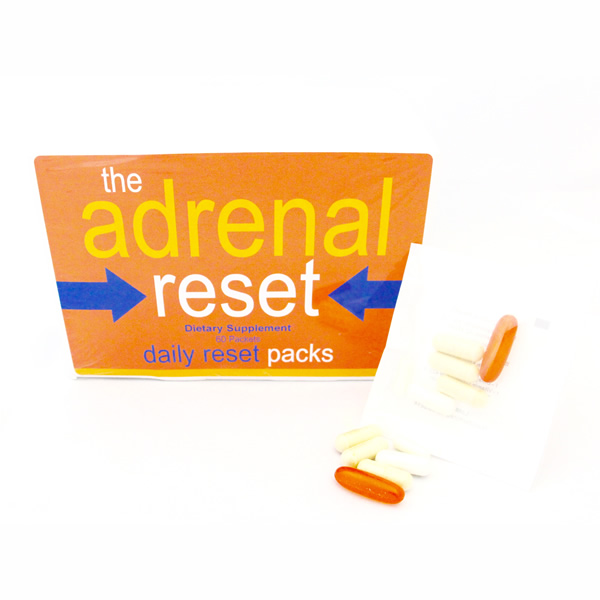Is Carb Cycling Helpful Regardless of the Adrenal Stage?
In my book, THE ADRENAL RESET DIET, I wrote about a clinical trial I conducted. Everyone who participated in the trial was at some stage of adrenal dysfunction. Those at every stage saw movement back to healthy cortisol rhythms, using the carb-cycling strategy.
The general idea is that carbs elevate blood sugar more than other food categories. They elevate blood sugar more than protein, fat, and even non-caloric foods. When you elevate your blood sugar, you cause your body to make more insulin to manage the increase. Imagine insulin and cortisol on a seesaw. When one gets higher, the other gets lower. Higher carbs push cortisol down. Lower carb meals allow cortisol to stay higher.
So, the idea is by having a lower carb breakfast, you can sustain higher morning cortisol, which is desirable to a point. You cannot elevate an appropriate cortisol level, but you can allow it to move to a good range if it’s suppressed.
At midday, cortisol is basically neutral, so you intake a moderate amount of carbs. What we are doing at this point is supporting the gradual reduction of cortisol.
In the evening, you are enjoying a meal higher in good, healthy carbs. The idea with this is we are supporting the appropriate shutdown of cortisol, which allows you good, restorative sleep. (It turns out that quality sleep may be a bigger factor for long-term weight loss than even diet or exercise.) If you simply avoid carbs, sleep quality suffers.
When you don’t eat enough carbs in the evening to go deeper into sleep, your body gets hypoglycemic. Your body needs glucose for your brain and muscles to function. You’ll make glucose by breaking down your muscles, and you need cortisol to do this. So, when you’re too low in your carbs, you raise cortisol, pull your muscles apart, and make glucose out of that. When this happens, your cortisol level elevates higher than it should. This is a real problem in the evening.









